7 Bold HP Proclamations That Don't Tell The Whole Story
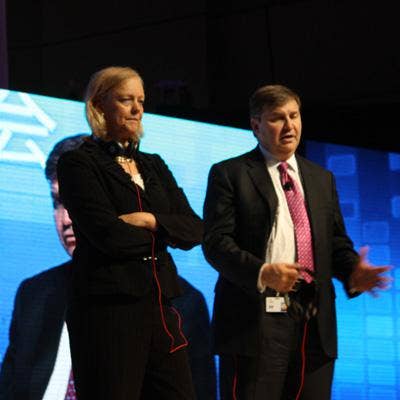
Reading Between The Lines
IT industry executives are paid to accentuate the positive, so it's not surprising that some of what they have to say doesn't stand up under scrutiny. So it is at Hewlett-Packard, whose executives are under even greater pressure given the financial struggles and general malaise that have been hanging over the company like a Sword Of Damocles.
HP is still a massive, powerful company in the IT industry, but some of the claims its executives are fond of making are beginning to ring hollow. CRN looks at seven examples that sound impressive but don't tell the whole story.
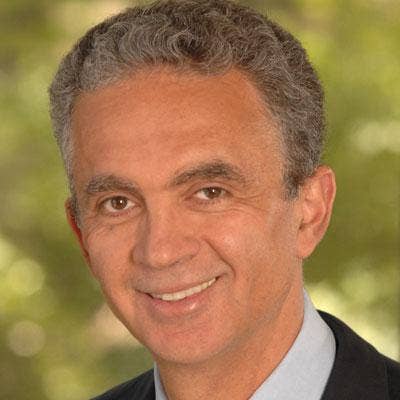
7. Our Big Data Business Is Growing -- George Kadifa
HP spent around $11.5 billion to acquire Vertica and Autonomy and is now working to cast the two as pillars of its budding big data strategy. HP Software chief George Kadifa has suggested that Vertica could become a billion-dollar business on its own, a lofty goal for a unit that made "middle-double-digit millions" in fiscal 2012.
"[Big data analytics] is a new area that we are building, and it's actually doubling, if not tripling, on an ongoing basis, so it's a great opportunity for us," Kadifa told Wall Street analysts in October.
Big data is growing at such a rate because HP is just getting started. But HP's slow rollout of Vertica and Autonomy to the channel, combined with the significant exodus of talent from both units, suggests it could find it difficult to keep its big data analytics business growing at such a rapid clip.
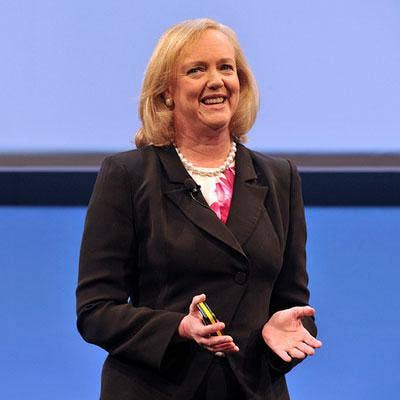
6. We'll Fire Sales Reps That Poach Channel Deals -- Meg Whitman
HP has a strong channel reputation, but its sheer size means not all its sales reps agree with the idea of working hand-in-hand with partners. Channel conflict exists in the HP channel and has for years. Now it's becoming a problem in the Enterprise Group, which does around 60 percent of its business through the channel but also includes large customers that would rather buy directly from HP.
To stamp out this behavior, Meg Whitman is vowing to fire HP sales reps that meddle with channel deals. "We don't have a lot of tolerance for this. If you are scooping a partner deal that you have no business having your fingers in, at all, then we will take care of that," Whitman told CRN in an interview earlier this month." HP partners have heard such claims before, yet no one can recall any sales reps being fired. Which is why they'll believe it when they see HP sales reps changing their behavior. "We have heard this so many times. Unless they actually fire someone, I won't believe it," one HP partner told CRN recently, speaking on condition of anonymity.
{C}
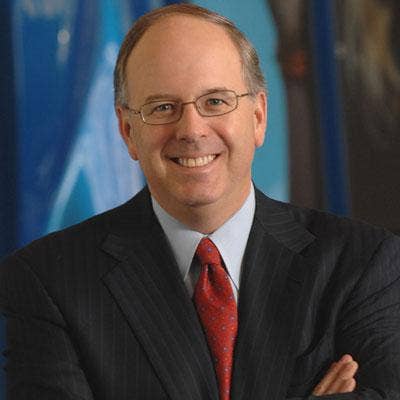
5. We're The Leaders In Software Defined Networking -- Dave Donatelli
Not only was HP an early mover in software defined networking, it's the top dog in the space. That's according to HP Enterprise Group chief Dave Donatelli, who points to the comprehensiveness of HP's SDN portfolio as something no other vendor currently has in-house. "We have the only complete solution available in the marketplace today," Donatelli told CRN in January. Our SDN happens to cover people all the way from the edge to the campus to the core. It's a complete solution consisting of OpenFlow technology supported on our switches; an HP SDN controller; and open APIs in our networking solutions that enables customers to develop their own apps and their own networking configuration as they desire. No one else has that across all three elements today." At this stage of the SDN market, HP may in fact have the most well-baked strategy. But it's still early days, and declaring leadership at this stage doesn't carry much weight.
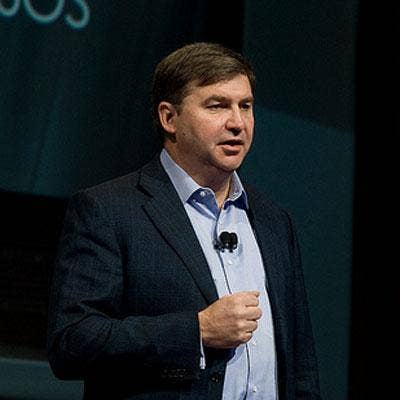
4. Our Channel Program Is Better Than Apple's -- Todd Bradley
"[Apple is] very difficult to deal with from a channel perspective. They're not channel friendly, they're dictatorial in their programs and processes, and they are not as focused on developing the channel as we are at HP," HP PPS chief Todd Bradley said in an interview with CRN last month. That said, products have had a lot to do with Apple's strength in mobility. And Apple's been working with Microsoft infrastructure partners on iPad and iPhone deployments in enterprises. While HP's channel program has long been a strength, the same can't be said for its current mobility portfolio.
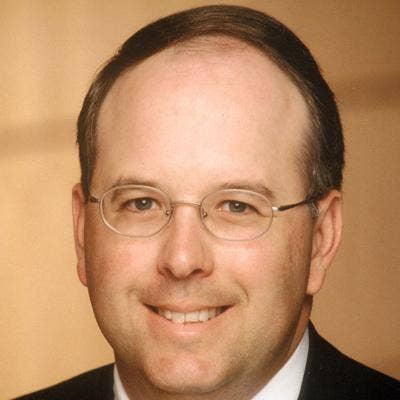
3. "Cloud for us today is already a multi-billion dollar business" -- Dave Donatelli
While the math behind this claim is a bit fuzzy and may involve creative interpretation of what constitutes "cloud," there's no denying that HP was an early mover in the cloud marketplace. It was one of the first vendors to offer a true private cloud stack, called CloudSystem, with high-end management and orchestration features. HP claims to have more than 850 customers that have deployed CloudSystem.
Yet despite having a head start on the competition, HP to date has dropped the ball when it comes to marketing its cloud portfolio. That has allowed rivals to take advantage with more effective messaging that resonates better in the marketplace, sources told CRN.
HP calling its cloud computing efforts a "multi-billion dollar business" may be technically accurate, but calling HP a leader in the cloud space is another matter.

2. "We're the largest, most profitable PC company in the world"-- Todd Bradley
This is a strange claim from a company whose former CEO infamously explored the idea of selling off its PC business. And frankly, given the steady decline in PC sales, and the simultaneous acceleration of tablet sales, being the top dog in a dwindling market carries a dubious distinction. HP considered getting rid of its PC business, and that makes its PC market cheerleading ring hollow. In the future HP's success will depend on its tablet strategy. The PC market saw close to a 5 percent decline in the most recent quarter, with Apple shipping almost as many iPads (14 million) as HP shipped PCs (14.6 million).

1. "We're the sixth largest software company in the world" -- George Kadifa
HP's software business accounted for $4 billion of its $120 total revenue in fiscal 2012, about 3 percent. The unit punched higher that its weight, accounting for 6 percent of HP's overall profit. And with 50,000 customers worldwide, HP Software has a footprint in organizations large and small. While impressive, these figures contradict Meg Whitman's oft-stated view that software exists to complement HP's hardware business, which accounts for around 70 percent of overall revenue. "We should stand up and be proud to be a hardware and infrastructure company. We're not in the software business to transform ourselves into a software company."
The sheer size of HP's hardware business makes it possible for the company to call itself a software leader. But aside from Vertica, the high-performance database analytics technology that represents HP's primary big data asset, it's tough to look at any other part of the portfolio as truly game-changing.